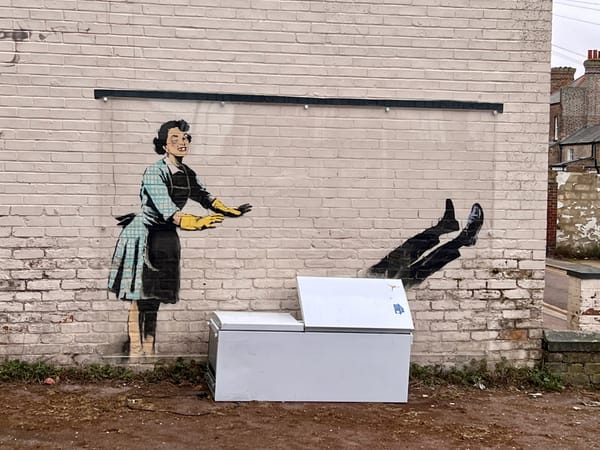Margate Film Festival: ‘We want to be a beacon for bold, boundary-pushing cinema’
After a two year hiatus, Margate Film Festival returns with its most ambitious programme yet. We find out how it all came together and what the future holds
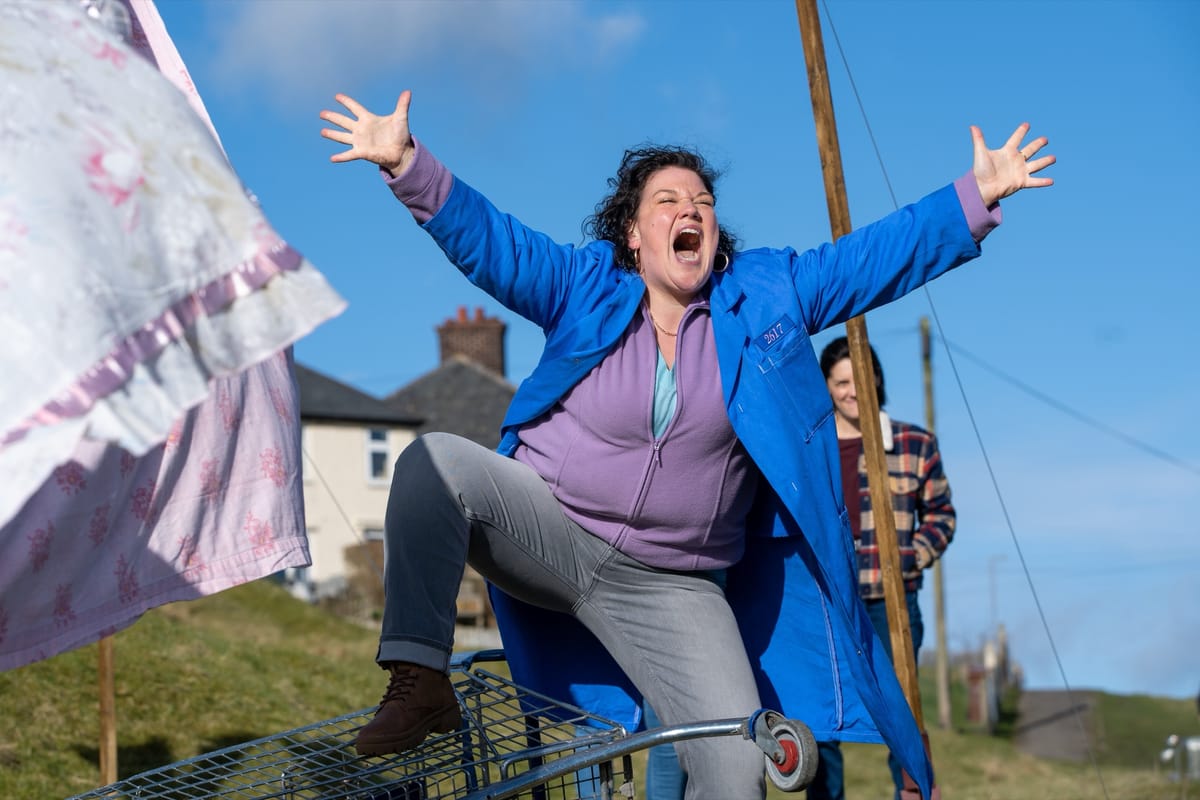
After a two year hiatus, Margate Film Festival is back. First launched in 2018, the event returns with its most ambitious programme yet.
Opening on November 27 with a screening of Chuck Chuck bay, by Margate-based writer and director Janis Pugh, this year’s programme explores the themes of cultural politics, feminism, music, creativity and compassion. These will be brought to audiences through an array of local and international feature-length and short films, plus a live score by instrumental band AUTOHAUs.
The event was launched by festival director Kate Williamson in 2018, a year after moving to Margate. “Margate felt a lot smaller back then, but there was a rich vein of creative film talent in the local area with very little in the way of cinematic platforms,” she says.
With a background in short film festivals, pop-up screenings and cinema events, she adds that the festival is “by far the most creatively fulfilling project I've worked on” and has since “grown exponentially in both scale and ambition.”
“The opportunity to bring global festival circuit highlights, niche film and some more leftfield live events to local audiences, while showcasing Kent’s own cinematic talents alongside these is really energising,” she tells us.
Set to open on Wednesday, November 27, this year’s programme features an impressive schedule of events connecting the local and global filmmaking community over five days. And all in a town with no cinemas, as Kate explains.
How did Margate Film Festival first come about?
I moved to Margate in 2017 and wanted a way to meet new people, so I set about creating what became Margate Film Festival alongside a passionate group of local filmmakers, artists, and event organisers.
That first year was a whirlwind of excitement and challenges as we pulled together an ambitious programme on a shoestring budget, with no funding and no real screening venue. But the energy, engagement and support from the community was incredibly inspiring, and we knew we were onto something special.
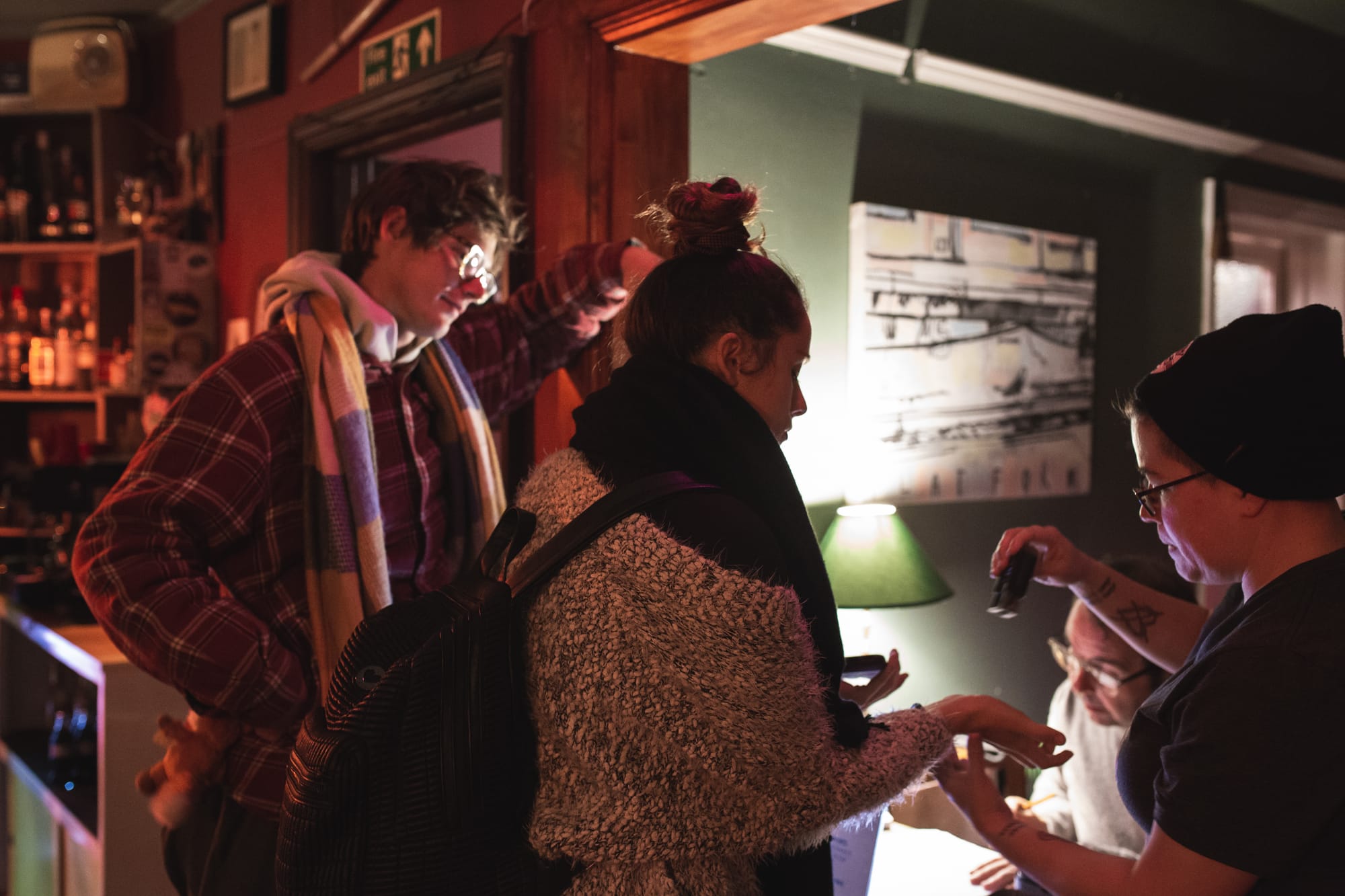
How has the festival developed since that first year?
We've expanded our programming to encompass not just film screenings, but live music, immersive installations, and thought-provoking panel discussions. Currently it’s the only one of its kind in Kent to host expanded cinema events. But at our core, we remain committed to showcasing bold, boundary-pushing storytelling that speaks to the cultural, social, and political issues of our time.
How important is the local community?
The local community is absolutely essential. From our volunteer team to our advisory board to our loyal audience members, the festival simply wouldn't exist without the passion and dedication of the Margate community.
We see our role as not just curating great films, but also fostering a sense of cultural identity and pride in our seaside town. By partnering with local organisations, elevating the work of Thanet-based creatives, and building a bridge between our little corner of the country to a much wider, global festival circuit, we're able to ensure that Margate Film Festival is truly reflective of the place and people it serves.
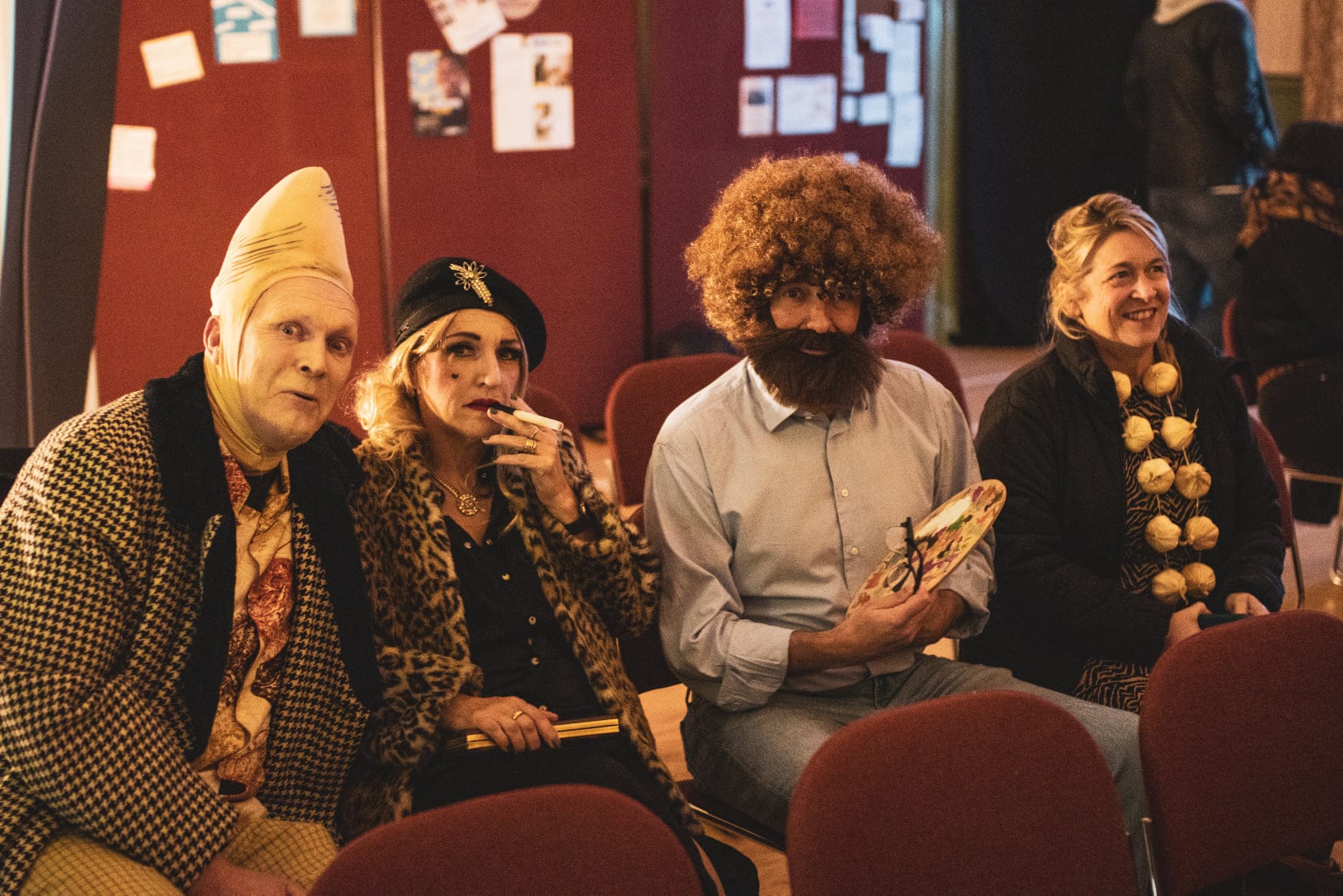
Is there a strong filmmaking community in Margate and Thanet more widely?
Absolutely, and it's one of the most exciting things about working on this festival. Margate and the broader Thanet region are home to an incredibly vibrant, diverse, and talented community of filmmakers, both emerging and established.
From documentary visionaries like Kathryn Ferguson to rising stars like Dylan Edwards, there's a palpable creative energy that permeates the local film scene. And by providing a platform to showcase this homegrown talent, we're not only celebrating their achievements, but also inspiring the next generation of Thanet-based storytellers.
Is it a challenge putting on a film festival in a town that doesn't have any cinemas?
Absolutely. The lack of permanent cinema venues in Margate has been one of our biggest logistical hurdles over the years. But we've learned to get creative, utilising everything from repurposed warehouse spaces to historic theatres to bring the magic of cinema to our audiences. And in a way, this challenge has become one of our strengths - the temporary, pop-up nature of our screenings adds an exciting sense of discovery and adventure for our attendees.
Thinking ahead, we’re planning to push this 'anti-cinema' idea further and expand more into the live, interactive areas of cinematic experience.
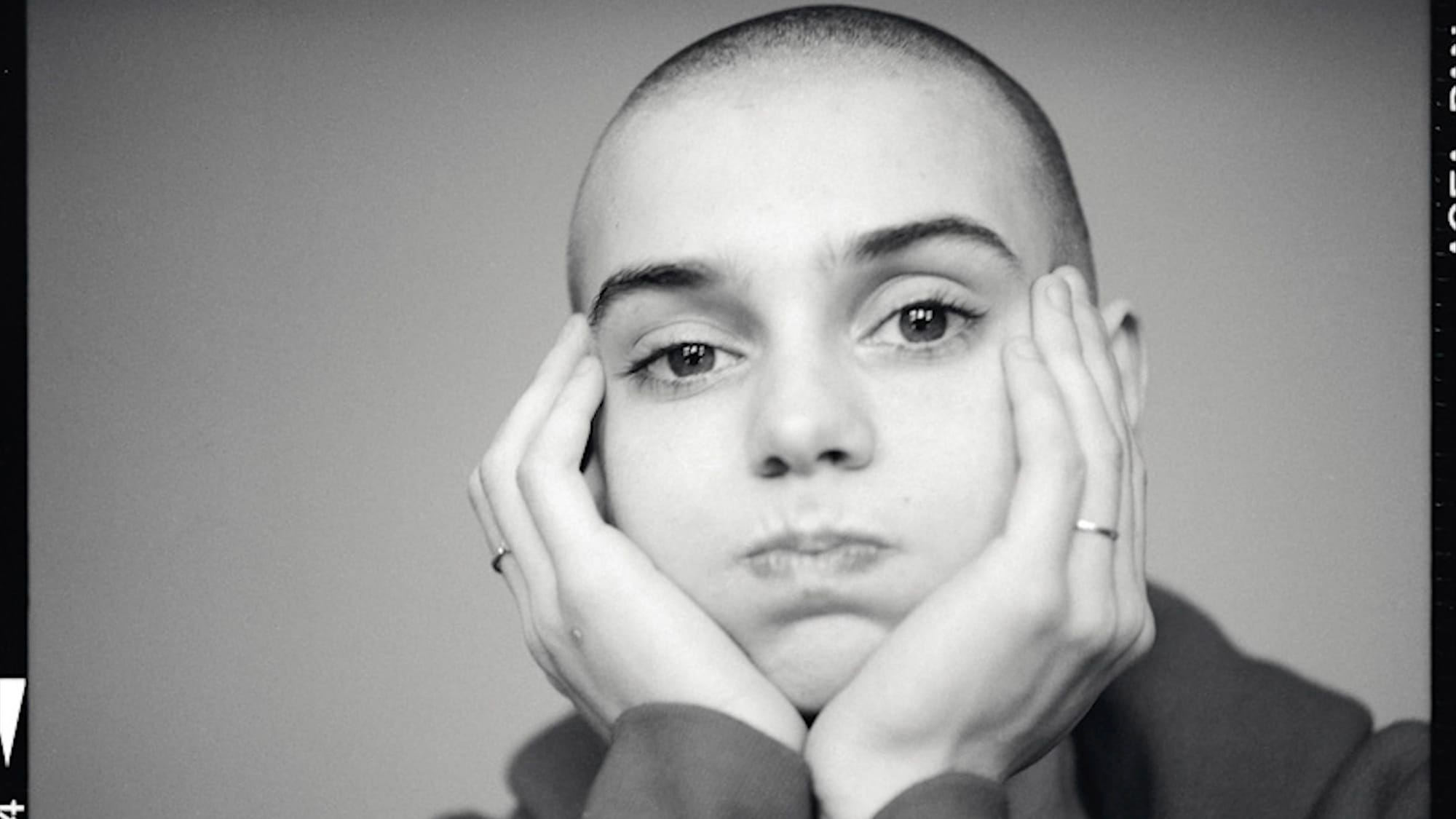
This year's themes are cultural politics, feminism, music, creativity and compassion. How do these weave together through the programme?
Margate Film Festival has always set out to create a platform for political zeitgeists, delicately exploring difficult topics through film. The films we curate reflect the important conversations of our time, and offer a space to raise questions.
For example, this year’s programme includes a 'Queer Shorts' program, curated in partnership with FilmPride and Margate Pride, giving a voice to LGBTQ+ stories and perspectives. Documentaries like Smoke Sauna Sisterhood and The Stimming Pool shine a light on the experiences of marginalised communities whereas [Sinead O’Connor documentary] Nothing Compares and Hakeem [about Hak Baker] explore rising musical talent from two very different perspectives.
Creativity plays a big role in the festival, and this year we have invited local musicians AUTOHAUs to create a reimagined score to the 1922 film Haxa’ – performed live on the night. We love to create opportunities for spontaneous creativity and experimental outcomes – it’s about the journey more than the destination.
Ultimately, we want our audiences to leave Margate Film Festival feeling inspired, challenged, and deeply connected to the world around them – and these overarching themes help us achieve that goal.
Why did you choose Chuck Chuck Baby and It Must Be Heaven as the opening and closing night films?
Chuck Chuck Baby – a quirky, homegrown musical romance – has been on our minds since its premiere last year, as we’ve followed the journey of local writer/director Janis Pugh from her earlier short films inspired by her hometown in North Wales to the launch of this outstanding debut feature. We’re excited to finally bring the film to a Margate audience and get to discuss the film after in a Q&A.
It Must Be Heaven is a nod to Palestine, a lighthearted film which follows Director Elia Suleiman on his travels around the world – but wherever he goes, he is reminded of the spirit of his homeland. It is a sweet and humorous film reminiscent of the godfathers of cinema Jacques Tati and Buster Keaton.
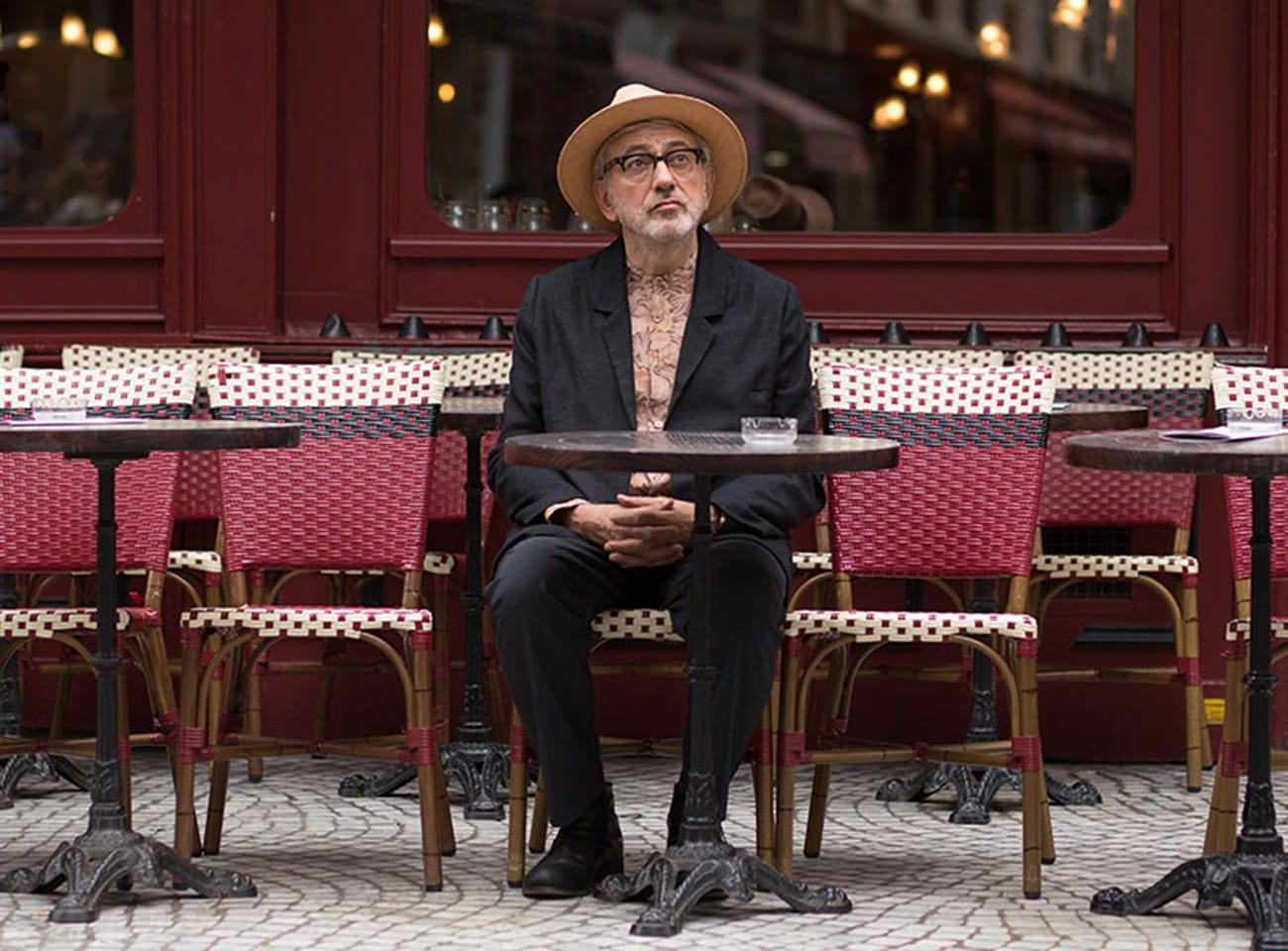
What are your highlights in this year's programme? Do you get a chance to watch many of the screenings?
There are so many incredible films and events that I'm excited about in this year's line up, it's hard to single out just a few! But a few personal highlights for me include The Stimming Pool – an experimental, creative exploration of neurodiversity, which is close to my own heart – and Smoke Sauna Sisterhood, a poignant documentary that holds an intimate shared space for women’s experiences and of course, a homage to our very own Haeckel's community sauna where many of us have rejoiced in stranger’s company!
I'm thrilled to be able to introduce our local audiences to international gems like Hakeem, How to Have Sex and The Tuba Thieves, all powerful debut features that are making waves on the festival circuit.
As for whether I get to see many of the screenings – you’ll find me at most events running around greeting people and making sure the tech is running smoothly.
How do you want to see the event develop?
Our vision for the future of Margate Film Festival is to continue expanding its reach and impact, both locally and nationally. We want to be a beacon for bold, boundary-pushing cinema that sparks meaningful dialogue and inspires positive change.
Ultimately, our goal is to cement Margate Film Festival's reputation as one of the must-attend events of the British film festival and creative arts circuit – a place where audiences can discover extraordinary new voices, engage with vital social and political issues, and immerse themselves in the thriving creative energy of our seaside town.
Margate Film Festival 2024 runs in various venues from Wednesday, November 27 to Sunday, December 1. Find out more and book tickets.



